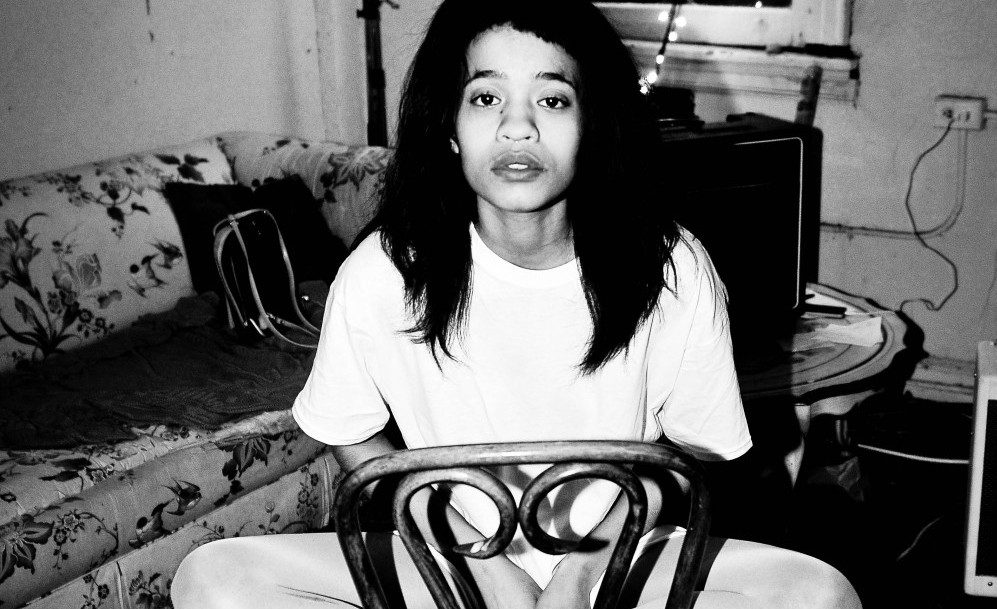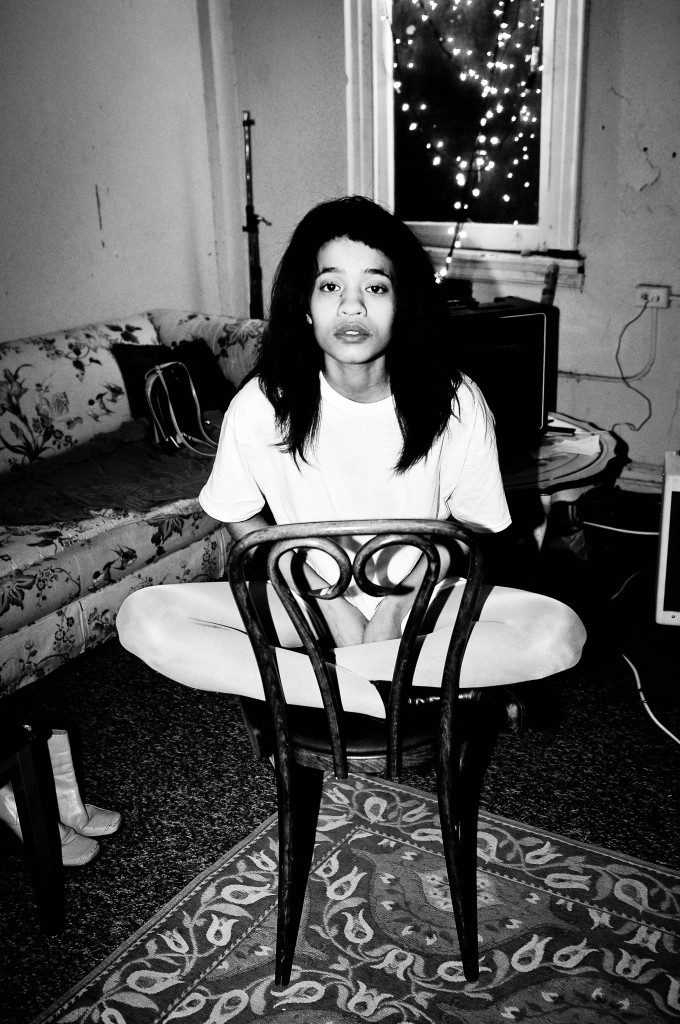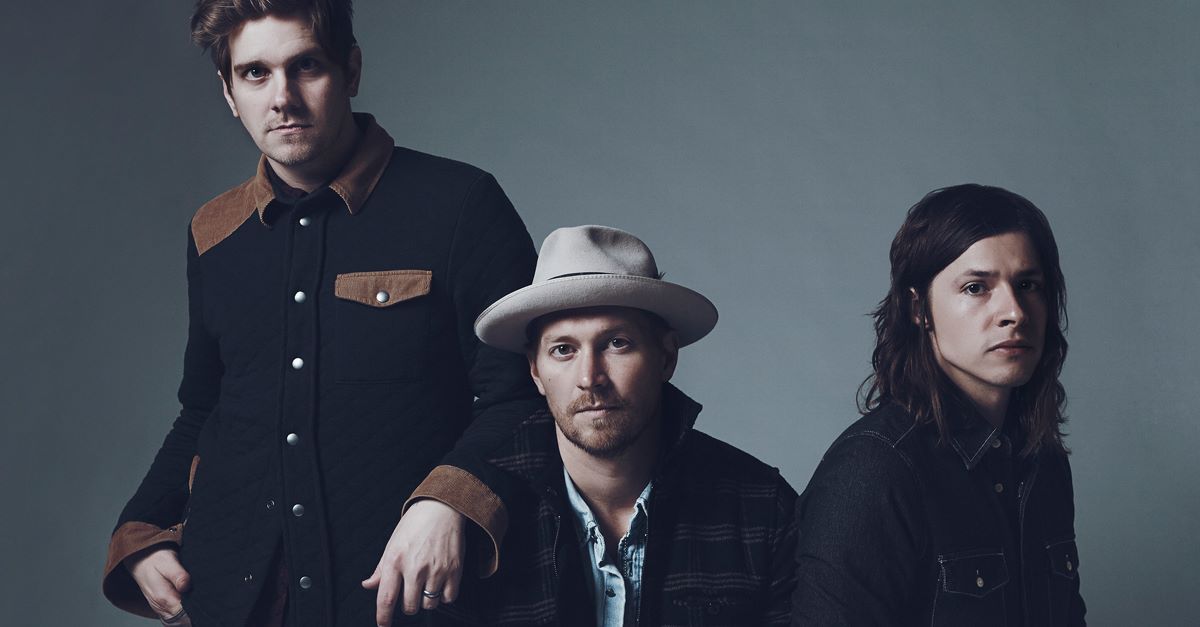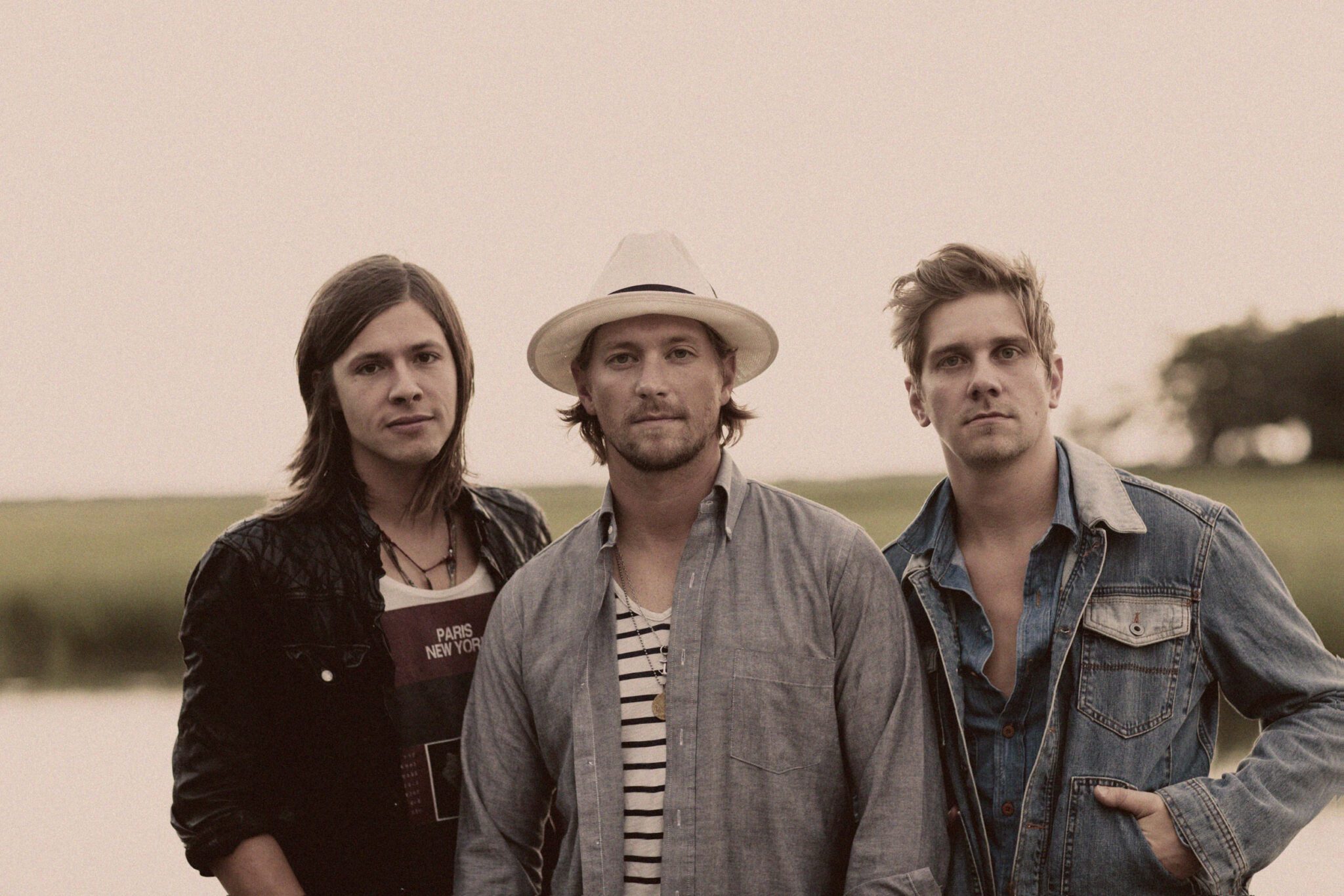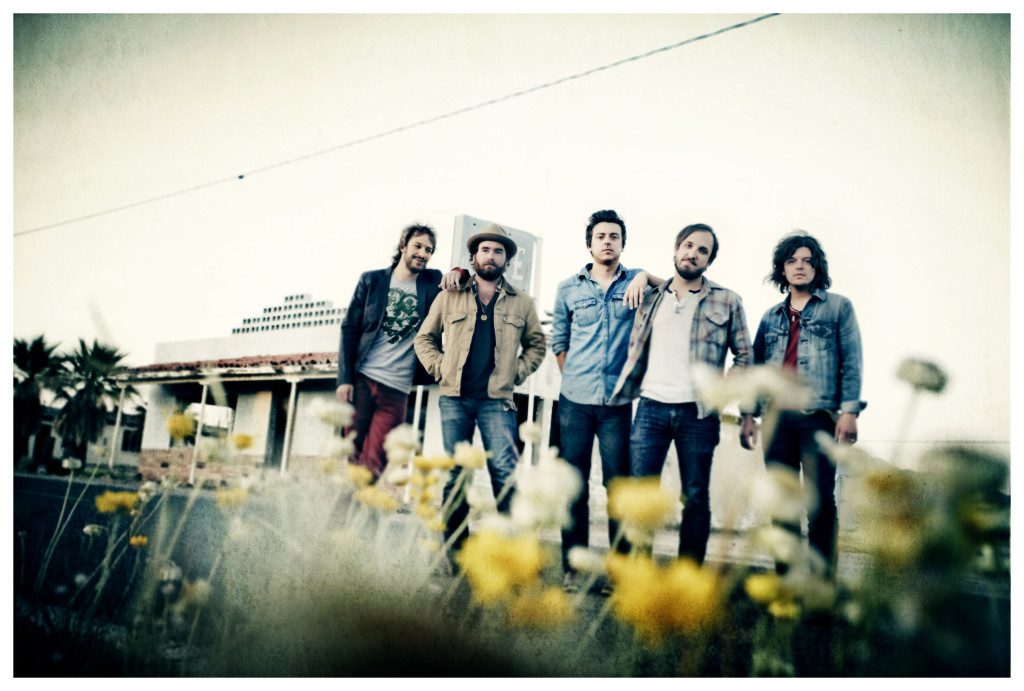PLAYING ATLANTA: Stop, Rock & Roll with The Ides of June
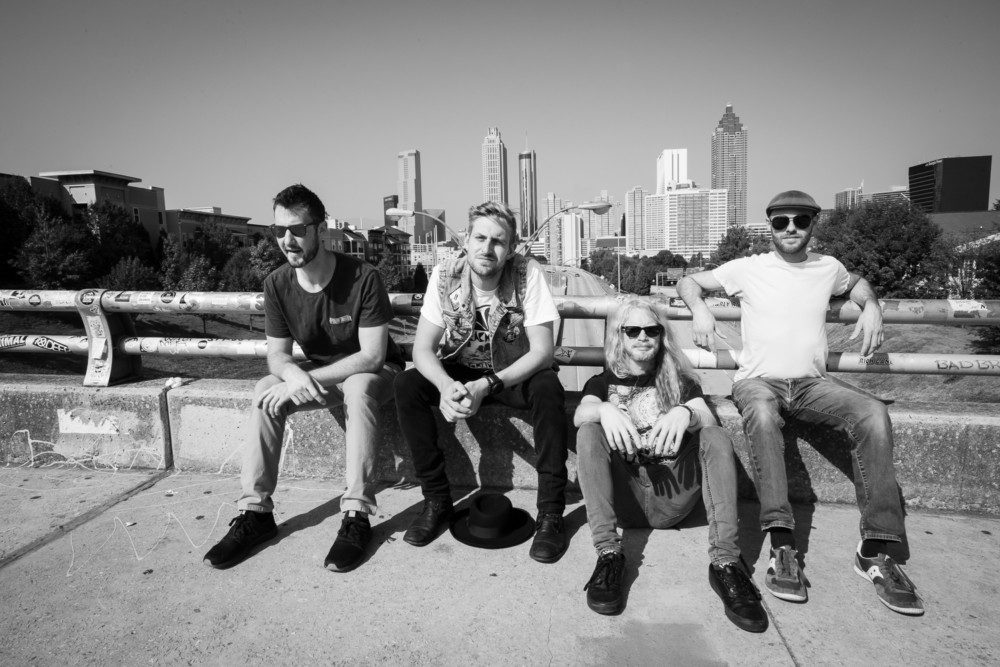
Atlanta’s music is as varied as the people who call the city home, blending the sounds of pop, rock, alternative, R&B, hip-hop, and singer-songwriter to create a constantly moving, evolving scene. Even so, there’s no mistaking the history of music in the region… or the city’s proximity to Southern Rock’s hometown, just two hours south in Macon, Georgia.
No Atlanta band is as inspired by that Southern Rock history than The Ides of June. The quartet – made up of Dusty Huggins, Clay McConnell, Justin Nelson, and Alex Gannon – blend heart-thumping rhythm sections with soaring guitars and a heavy blues influence to create a sound that’s equally impactful when witnessed live or through speakers.
Despite a busy schedule promoting their latest record, Stop, Rock & Roll, the guys sat down with us to tell their story and talk all things music, writing, and rock ‘n roll.
AF: Thanks so much for taking the time to talk with me! Let’s jump right in. How did you guys come together as a group, and where did you get your band name?
Dusty and Clay got together and decided they wanted to form a band, so they simultaneously learned to play their instruments and began writing songs. They began playing with different people until they found a core group on board with the project’s sound. The band has gone through a few lineup changes over the years, but is currently a four-piece band consisting of bass, drums, and two guitars.
The name “The Ides of June” is derived from Roman folklore – the Ides of March is a day in the Roman calendar signifying March 15th. Caesar was told by a seer that he would not survive the Ides of March. He was stabbed to death that very day by members of the Senate at an official meeting that the seer warned he should not attend.
The modern day version for the Ides of June is the tale of a curse. On June 15th of 2012, front man Dusty Huggins’ mother was taken off of life support due to a suicide attempt that left her with zero brain activity. In the following years, his group of friends would endure car crashes, motorcycle wrecks, and many other oddly occurring events on The Ides of June. When the date was approaching, Huggins would exclaim, “Beware The Ides of June!” After a year of searching for a band name, Huggins said the phrase per usual, and McConnell was stricken with the idea for a band name. That night the two agreed that their future name would be The Ides of June.
AF: You guys released your last album, Stop, Rock & Roll, a few months ago; what was the creative process like?
Usually, one member comes up with a riff as a starting point, then we would jam on it as a group for about 25 minutes until it started to take shape. We throw ideas out for structure; sometimes lyrics are already in place, sometimes they come later. In the case of “Face in the Mirror,” Clay came up with the riff and Alex put lyrics to it later.
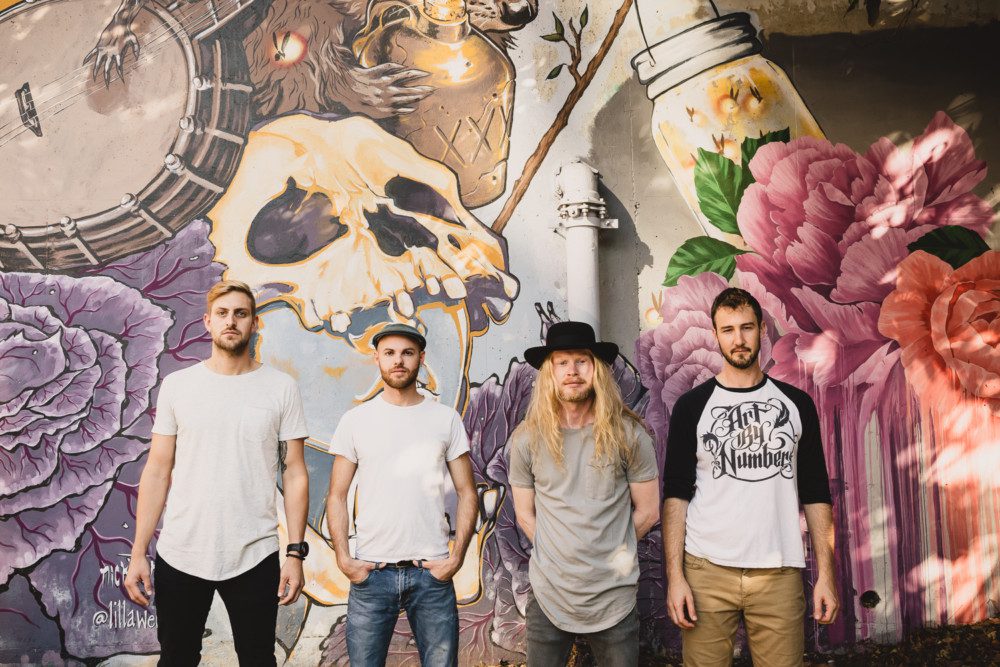
AF: What inspires the songwriting for you guys?
The first album was bursting with fuzzy tones and dark, angry lyrics. The songs on this album are mostly songs with lessons and learning, but many end with despair, such as the song entitled “The Ides of June.” Today, its meaning is positive and uplifting to the band members. The group talks about itself with the simple nickname “The Ides.” The music has also gained a more refined sound with uplifting overtones. This is due in part to the changes and progressions in the music and lives of the original members, and largely in part to Gannon’s addition to the band.
The Ides is no longer a curse. It is a cause for celebration of life and what a group of people can do together, whether it be pulling together to help a friend through his mother’s death or spending two years grinding through practices, on the road, and in the studio in order to make an album that we’re proud to call our own.
AF: Who would you cite as your greatest influences when creating your sound?
Each member kind of pulls from different influences. Dusty is without a doubt infatuated with The Black Keys, especially the lead singer Dan Auerbach. There is a definite blues element to the music we play, but also an obvious taste of southern rock. The Allman Brothers are also a major influence on the general style of the band.
AF: How do you blend that iconic Southern Rock sound with more modern influences and styles to create something unique to you?
We think that is what makes our music stand out – there is an obvious blend of backgrounds. Dusty’s vocals pull a lot from more modern rock artists, while Alex’s multi-faceted background brings the blues, as well as a more technical approach to creating music. We don’t actually try to produce any particular sound. When we get together to play, our sound is just the unplanned result of multiple backgrounds coming together.
AF: What’s it like being a part of the Atlanta music scene? How has it impacted you as a band?
It is very rewarding to be a part of such an awesome group of people. We have met many great bands that, over the course of time, have turned into great friends. It has let us know that there is amazing support out there in what can be a very intimidating career. We have seen friends in the Atlanta rock scene start to make a name for themselves, and we are both proud of their achievements and honored to get to play alongside them. It is very inspiring for us as a still relatively young band in the area to see such successes.
AF: What’s next for The Ides of June?
We plan to continue promoting the new album, Stop, Rock & Roll. We are lining up quite a few shows between now and the end of summer to do so. We are very excited to see what this new year has to bring us and looking forward to meeting new people/bands and making new friends.
We are considering what our next music video will be as well. We have already begun throwing around ideas for new songs that will ultimately go on the third album. However, that is a ways in the future.
Follow The Ides of June on Facebook and Instagram, and stay tuned for their upcoming tour dates.

